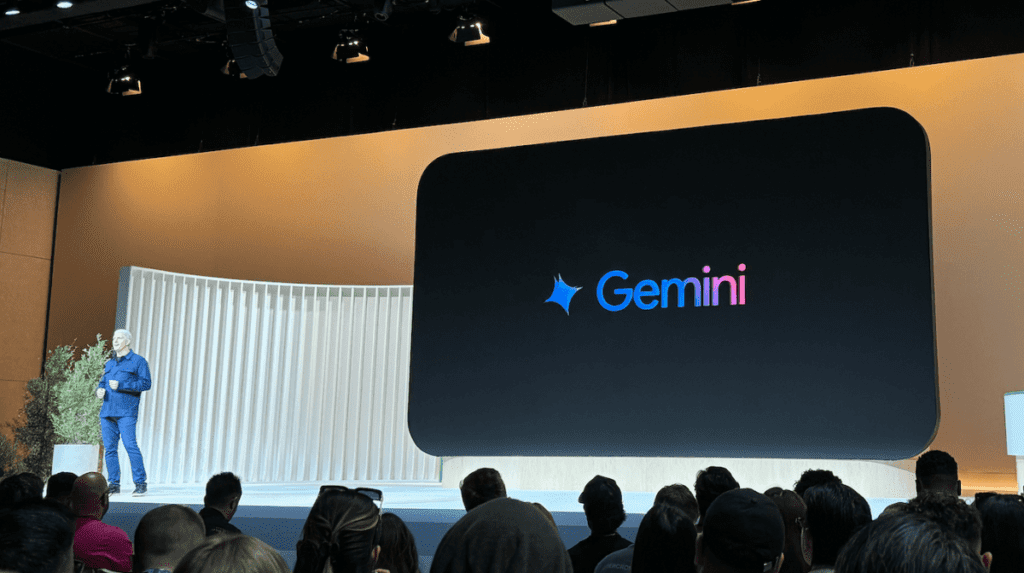Google Expands Gemini’s In-Depth Research Mode to More Languages
On Friday, Google announced an exciting expansion for its Gemini AI with the introduction of in-depth research mode, now available in 40 additional languages. Initially launched earlier this month, this feature is designed for Google One AI premium plan users, providing them with an AI-driven research assistant that streamlines the process of gathering and synthesizing information.
How It Works
Gemini’s in-depth research mode adopts a thoughtful, multi-step approach to research. It begins by creating a tailored research plan, followed by searching for relevant information. The tool then circles back to extract and summarize knowledge found during the search, repeating this process multiple times until it generates a comprehensive report.
Supported Languages
The newly added languages reflect Google’s commitment to making advanced AI tools accessible worldwide. Some of the languages include:
- Arabic
- Spanish
- Chinese
- Hindi
- German
- Japanese
- Polish
- Urdu
This expansion not only opens doors for more users but also presents a challenge for Google: ensuring the reliability of sources in these languages while providing grammatically accurate summaries.
Addressing Challenges in Multilingual Research
In an interview with TechCrunch, HyunJeong Choe, director of engineering for Gemini, acknowledged the difficulties in generating accurate AI outputs in languages like Hindi. While the team uses clean, trustworthy data for training, inconsistencies can arise during the summarization process. "Factuality or getting correct information is a well-known research problem for generative AI in general," Choe explained. Google emphasizes sourcing data from native contexts and employing search technology for accuracy, alongside rigorous evaluations and fact-checking.
Gathering Quality Insights
To ensure quality across different languages, Jules Walter, product lead for international markets at Gemini, revealed that Google has implemented testing programs that gather insights from native speakers. Local teams actively review datasets to enhance the training models. This means that when users access the in-depth research mode, the outputs are not only accurate but also culturally relevant.
Just this week, concerns were raised about the quality of outputs when it was reported that contractors were instructed not to skip any prompt responses. A Google spokesperson clarified that evaluators not only assess the content of responses but also consider aspects like style and format, which are vital to user experience.
The Road Ahead
As Google forges ahead with its ambitious plan to expand AI language models, users can look forward to enhanced capabilities that cater to diverse linguistic needs. The company’s dedication to improving factual accuracy and cultural relevance bodes well for the future of AI-driven research, making it a valuable tool for students, professionals, and curious minds alike.
In conclusion, with Gemini’s expanding language capabilities, the prospect of more inclusive and effective AI research tools appears promising. The AI Buzz Hub team is excited to see where these breakthroughs take us. Want to stay in the loop on all things AI? Subscribe to our newsletter or share this article with your fellow enthusiasts.




